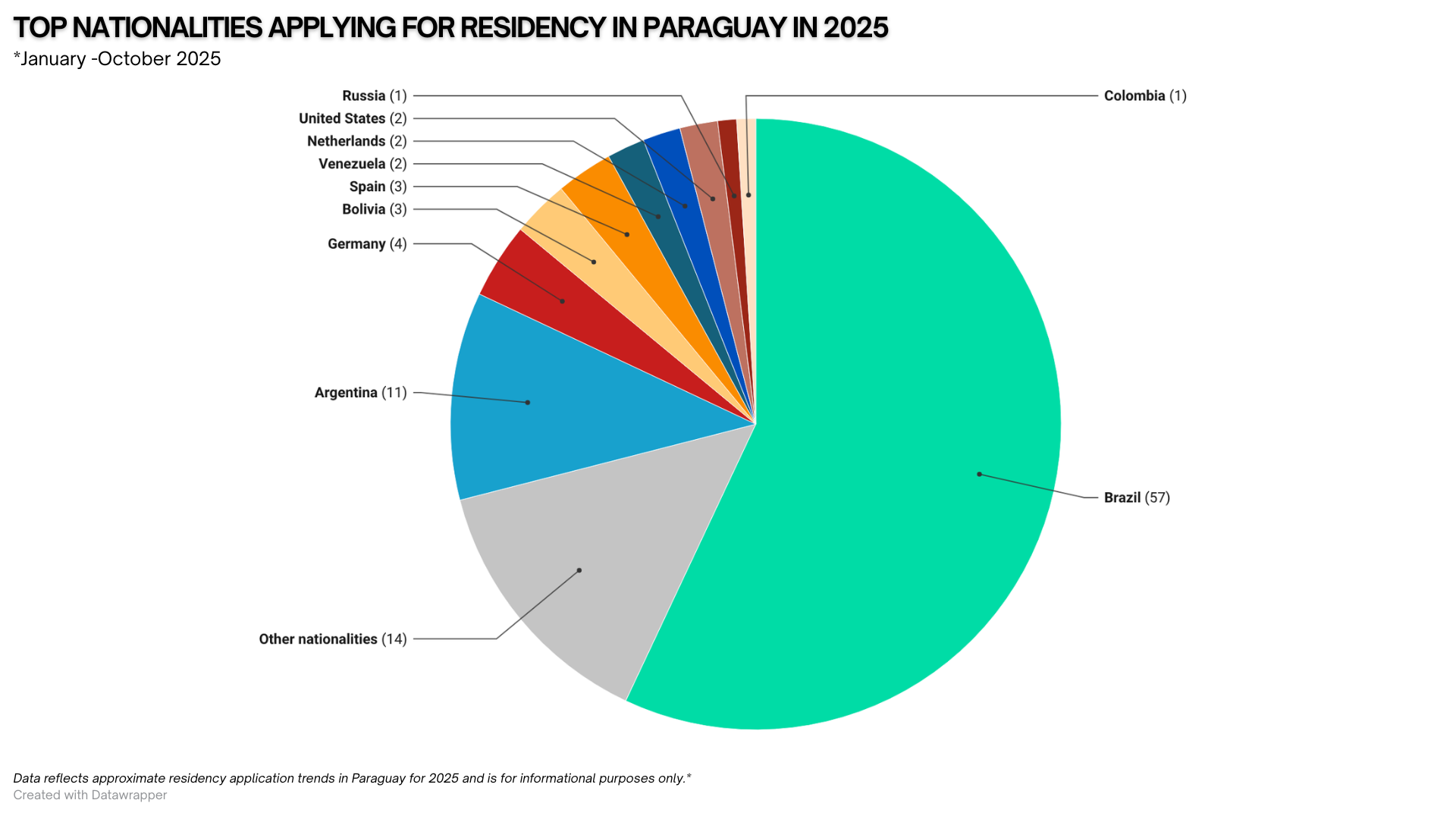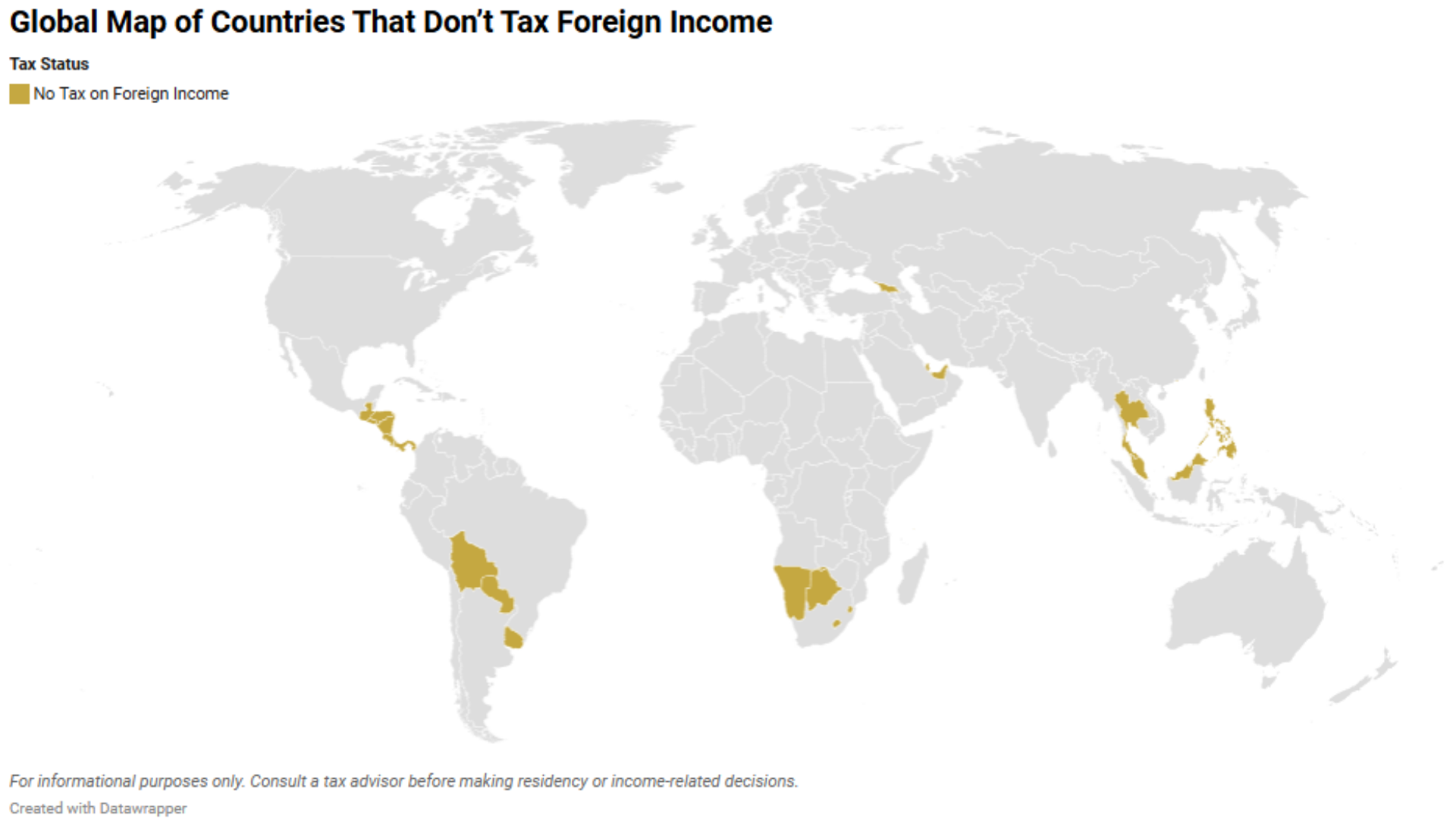The Decline of the US Dollar: Navigating the New Economic Landscape
Around the world, countries are increasingly seeking alternatives to the US dollar. This slow process of de-dollarization is gaining traction, and it’s essential to understand why this matters and how to prepare. Despite the US dollar’s status as the world’s reserve currency, many nations are exploring multi-polar currency environments. The shift isn’t about a single currency replacing the dollar but about a diverse range of currencies playing significant roles. In this blog, we’ll explore the implications of de-dollarization and why having a diversified global financial strategy is crucial.
The Global Shift and Historical Context
Countries like Russia and China have long advocated for a multi-polar currency world, and now, more nations are joining the movement. The US dollar’s dominance has been underpinned by historical and economic factors, but as global trade patterns shift, so does the reliance on the dollar. Notably, the Euro briefly gained traction as an alternative but has since settled back to its previous levels of significance.
Historically, the British pound was the leading global currency before the US dollar took over post-World War II. Today, while no single currency is assured to dethrone the dollar, the landscape is changing. Countries are increasingly conducting trade in their local currencies. Brazil, Russia, India, China, and South Africa (the BRICS nations), along with several Southeast Asian countries, are leading this charge. For example, the president of Brazil has questioned the necessity of dollar-based trade, reflecting a growing sentiment worldwide.

The Impact on the US Dollar and Global Economy
The decline of the US dollar as the world’s reserve currency is not abrupt but gradual. From 71% of global reserves in 2000, the dollar has fallen to 58% today. This decline is accompanied by a rise in non-traditional currencies, which have seen a fourfold increase in the last 14 years. This shift, while marginal, indicates a broader trend towards diversification.
As for the implications regarding global finance and economy, the following points should be expected to happen in the future due to the US dollar’s gradual decline:
- Increased Financing Costs: As demand for US treasuries decreases, financing costs for the US government are expected to rise. With $37 trillion in debt, even a small increase in borrowing costs can have significant implications.
- Reduced Sanction Power: The US has historically used its financial system to impose sanctions. As countries move away from the dollar, this leverage diminishes, reducing the US’s ability to influence global politics through economic means.
- Economic Instability: Reduced reliance on the dollar can lead to increased pricing power for other currencies, making imports more expensive and contributing to inflation.
The Importance of Diversification
The global economic landscape is becoming more complex and interconnected. Relying solely on the US dollar may expose individuals and businesses to unnecessary risks. Diversifying assets across different currencies and regions can provide protection against economic volatility.
Finding the next “Singapore”, a stable and prosperous country, requires foresight and a willingness to explore emerging markets. Singapore’s rise was not apparent decades ago, but those who recognized its potential benefited greatly. Similarly, today’s emerging markets may offer significant opportunities for growth and stability.
Some practical steps for diversification should include:
- Global Investments: Diversify investments into foreign stocks, bonds, and real estate to hedge against dollar depreciation.
- Multiple Currencies: Hold assets in multiple currencies to reduce currency risk.
- International Real Estate: Consider purchasing property in stable, growing economies.
- Second Citizenship: Explore second citizenship or residency options to ensure mobility and access to different economic zones.
Preparing for Upcoming Changes
De-dollarization is not about an imminent collapse but a gradual shift. However, it’s essential to prepare for the long-term implications. A diversified portfolio can provide stability and growth opportunities in a multi-polar currency environment.
Adaptation to change in this case is crucial, so it is strongly suggested to:
- Stay informed: Remaining aware and up-to-date with global economic trends and shifts in trade patterns.
- Seek professional advice: Consulting with financial advisors who specialize in international investments and diversification strategies.
- Be proactive: Planning for diversification early to manage and reduce risks associated with a declining dollar.
Conclusion
The US dollar’s role as the world’s reserve currency is evolving. While it remains dominant, the trend towards diversification is clear. By understanding the implications of de-dollarization and taking proactive steps to diversify, individuals and businesses can navigate this changing landscape with confidence. Preparing for a future where multiple currencies play significant roles will ensure financial stability and growth in an increasingly interconnected world.
Share this blog
Paraguay Reports 50% Increase in Residency Applications in 2025
Paraguay saw a remarkable 50% surge in residency applications in 2025, drawing growing interest from global investors and high-net-worth individuals….
7,000 Russians Claimed Citizenship Through a Forgotten Treaty
In 2024, over 7,000 Russians secured Kyrgyz citizenship through a long-forgotten treaty, no investment, no residency. This surprising surge reveals…
72% of Countries Now Demand More Than Just a Strong Passport
A strong passport is no longer enough. With 72% of countries now applying political filters to mobility, high-net-worth individuals and…
Keep More Abroad at 29 Countries with No Tax on Foreign Income
Paying tax on income earned outside your home country? You may not need to. Discover 29 countries where foreign income…
UAE Golden Visa Real Estate Delivered Up to 20% Returns in 2025
UAE real estate led all Golden Visa markets in 2025, delivering up to 20% total returns. While other countries faced…
Venezuela’s Political Shift and the New Investment Landscape
Venezuela’s post-Maduro era may unlock rare investment and residency opportunities. With political transition underway, early-movers could gain access to undervalued…






